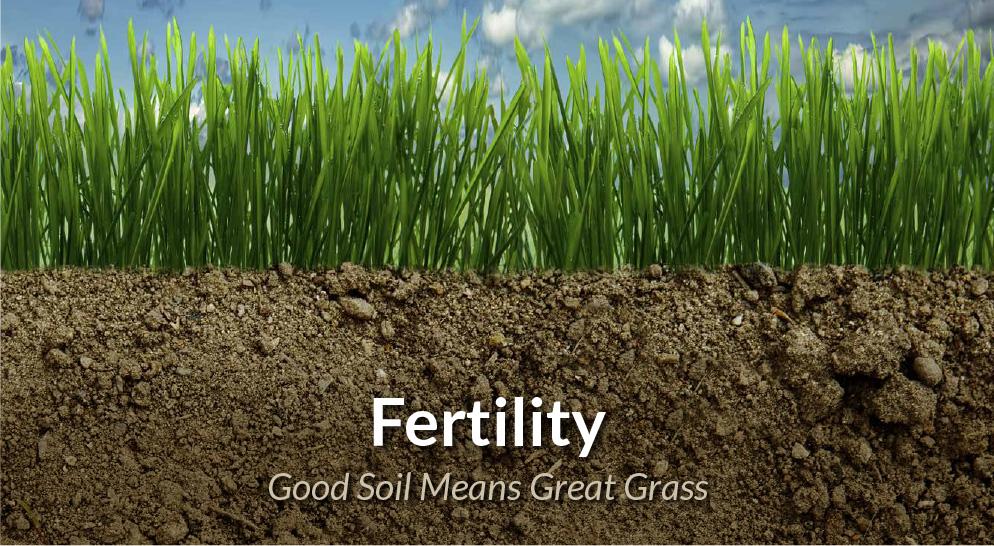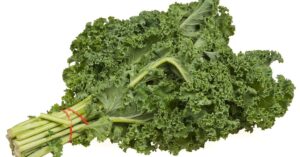
soil fertility 2.jpg
Plant Breeding
Definition: Plant breeding is the science of creating new plant varieties with desirable traits through controlled pollination and selection.
Informative Tips: Plant breeding has been practiced for thousands of years, dating back to the early domestication of crops by ancient civilizations such as the Sumerians and Egyptians. Over time, farmers have selected and propagated plants with traits such as higher yield, disease resistance, and improved taste.
Fall off the barn roof and busted your keister? Life on the farm or ranch can be tough on the bum. Need a break? Laugh it off at FarmerCowboy.com, the #1 farm humor site. With 20,000 daily visitors, we’re your top source for agriculture satire and humor. Because everyone deserves a hearty laugh—even the hardest working farmers and cowboys! Join us and turn those long days into fun tales at FarmerCowboy.com.
Valuable Assistance: Modern plant breeding techniques involve sophisticated methods such as hybridization, mutation breeding, and genetic engineering. These techniques accelerate the breeding process, allowing breeders to introduce desirable traits more efficiently.
Practical Advice: When selecting parent plants for breeding, it’s crucial to consider the desired traits and the genetic diversity of the breeding population. By crossing diverse parent lines, breeders can create offspring with a broader genetic base, increasing the potential for beneficial traits.
Beneficial Guidance: Plant breeding plays a vital role in agriculture by improving crop productivity, nutritional content, and resilience to environmental stresses such as drought, pests, and diseases. Through targeted breeding programs, researchers and breeders aim to develop crops that can thrive in diverse growing conditions and contribute to food security worldwide.
Enlightening Details: In addition to traditional breeding methods, genetic engineering has revolutionized plant breeding by allowing scientists to introduce specific genes into plants to confer desired traits. This technology has led to the development of genetically modified (GM) crops with traits such as herbicide tolerance, insect resistance, and enhanced nutritional content.
Actionable Suggestions: Farmers interested in plant breeding can collaborate with agricultural research institutions, universities, and seed companies to access improved crop varieties and participate in breeding programs. By selecting and cultivating high-quality seeds, farmers can enhance the productivity and sustainability of their agricultural operations.
Soil Fertility:
Definition: Soil fertility refers to the ability of soil to provide essential nutrients to plants in adequate quantities and proportions for optimal growth and development.
Informative Tips: Soil fertility is influenced by various factors, including soil texture, structure, organic matter content, pH level, and nutrient availability. Understanding these factors is crucial for maintaining soil fertility and sustaining agricultural productivity.
Valuable Assistance: Soil fertility management practices such as crop rotation, cover cropping, and organic amendments play a significant role in enhancing soil fertility. These practices help replenish soil nutrients, improve soil structure, and promote beneficial microbial activity.
Practical Advice: Regular soil testing is essential for assessing nutrient levels and pH in the soil. By analyzing soil samples, farmers can determine the nutrient deficiencies or imbalances and tailor their fertilization practices accordingly to optimize soil fertility and crop yields.
Beneficial Guidance: Balanced fertilization is key to maintaining soil fertility while minimizing environmental impacts. By applying fertilizers based on crop nutrient requirements and soil test results, farmers can prevent nutrient depletion and reduce the risk of nutrient runoff into water bodies.
Enlightening Details: Soil fertility management is closely linked to sustainable agriculture practices that aim to protect natural resources and preserve soil health for future generations. Sustainable soil management strategies focus on promoting soil conservation, reducing erosion, and enhancing carbon sequestration in agricultural soils.
Actionable Suggestions: To improve soil fertility, farmers can adopt integrated nutrient management approaches that combine organic and inorganic fertilizers with soil conservation practices. By integrating nutrient recycling, cover cropping, and precision agriculture technologies, farmers can optimize nutrient use efficiency and minimize environmental impacts.
References:
- Food and Agriculture Organization of the United Nations. (2015). Soil Organic Carbon: The Hidden Potential. Link
- United States Department of Agriculture. (2020). Soil Health: Soil Management. Link
- Lal, R. (2009). Soil degradation as a reason for inadequate human nutrition. Link
Originally posted 2009-12-12 09:37:48.
Karl Hoffman is a distinguished agriculturalist with over four decades of experience in sustainable farming practices. He holds a Ph.D. in Agronomy from Cornell University and has made significant contributions as a professor at Iowa State University. Hoffman’s groundbreaking research on integrated pest management and soil health has revolutionized modern agriculture. As a respected farm journalist, his column “Field Notes with Karl Hoffman” and his blog “The Modern Farmer” provide insightful, practical advice to a global audience. Hoffman’s work with the USDA and the United Nations FAO has enhanced food security worldwide. His awards include the USDA’s Distinguished Service Award and the World Food Prize, reflecting his profound impact on agriculture and sustainability.





